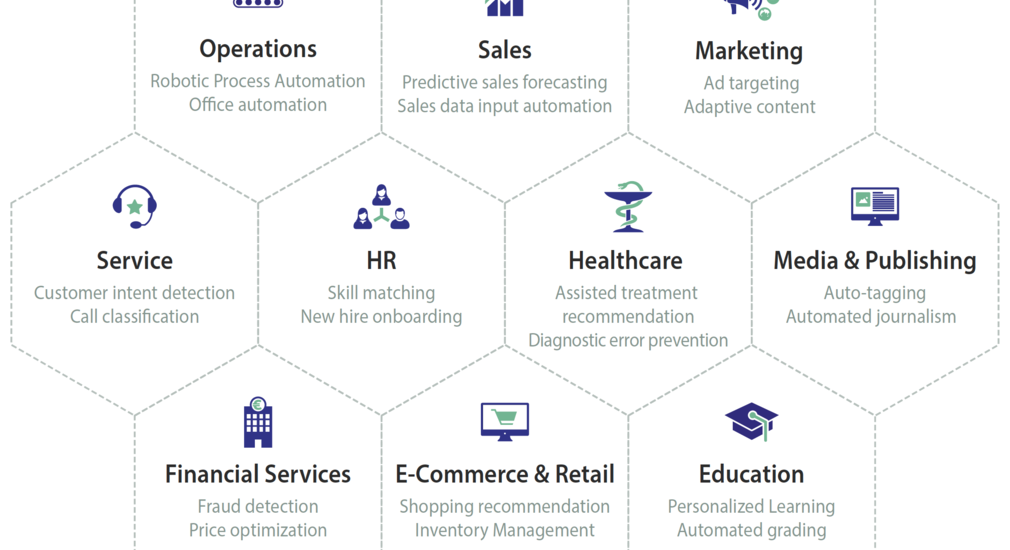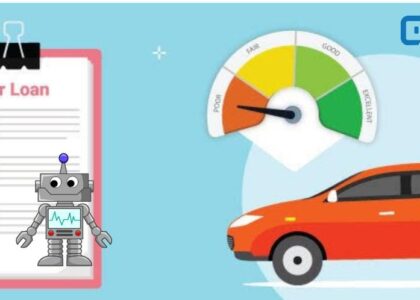Semantic automation is breaking new ground in Intelligent Automation, redefining business operations on a global scale. It goes beyond performing tasks – it interprets, evolves, and enhances processes.
Here’s how Semantic Automation is transforming diverse sectors with real-time examples:
1. Finance: Picture a major financial institution using semantic automation to interpret complex financial reports. It unlocked insights into economic trends and anomalies, allowing the firm to mitigate risks and make informed investment decisions.
2. Healthcare: In a leading hospital, semantic automation streamlined the interpretation and management of vast electronic health records, minimizing errors, and speeding up patient care. Correct diagnosis and personalized treatment plans became achievable at a faster pace.
3. Retail: A renowned e-commerce platform, by utilizing semantic automation, decoded customer behavior data offering personalized product suggestions. The result? Skyrocketing customer retention and sales.
4. Supply Chain: A global shipping company leveraged semantic automation to analyze data from various sources, predicted potential disruptions. It resulted in avoiding costly delays and maintaining undisrupted supply chains during uncertain times.
5. HR: A multinational company automated its recruitment process using semantic automation. By accurately interpreting job descriptions, it streamlined the candidate shortlisting process, saving countless productive hours.
6. Manufacturing: A car manufacturer used semantic automation to interpret technical specifications and blueprints, speeding up the design process. Consequently, the time-to-market for new models was significantly reduced.
These are not futuristic utopian scenarios. They are real-life examples of Semantic Automation’s profound impact on business operations.
Curious to see how Semantic Automation can redefine your industry? Let’s discuss further.













